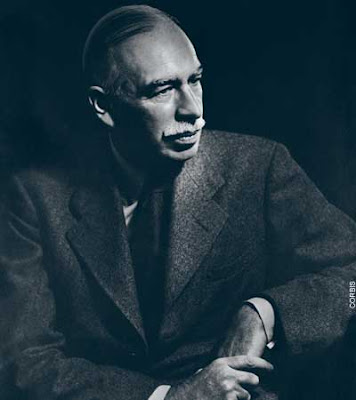
Nietzsche was died nearly 30 years before the Nazi regime started. However, by many intellects today he is said to be the creator of Nazism.
Nietzsche believed that 'God is dead' and rejects all kinds of religion. He grew up as a lutheran. Lutheranism is a major sector of Christianity which identifies with the theology of Martin Luther. He commenced studies in theology in 1864 and joined as a member of the Burschenschaft Frankonia, and soon after lost his faith. He then made it his business to find out the truth and concluded that 'God is dead'. He says 'dead' because to him God was once alive and in existence.
Due to Nietzsche's lack of faith in religion, he regarded Jews and Christians as 'Untermensch' or inferior people. It is this point in Nietzsche's ideas that is misinterpreted by many, especially the Nazi's. Nazi's too had a dislike for the Jews, however they hated them racially, unlike Nietzsche's opposition to them which was purely theological. Nietzsche's philosophy has been misconstrued through means of consequentialism. Betrand Russell's theory of consequentialism denotes that it is the consequences of a action that form the moral judgement. Therefore, in those term, Nietzsche must have realised that his actions would have led to the consequence of being labeled as the creator of Nazism. Nietzsche's connection to Nazism is in fact simply an intellectual error.
A well known concept of Nietzsche's is the Ubermensch. He believed the the Ubermensch was a goal for humankind to aim towards, and poken of in his book 'Thus spoke Zarathustra'. The inferior people, being the untermensch, are groups such as the Jews who's religion imposes great limitations in their ability to ever reach the Ubermensch status. Their limitations lie in the unwillingness to live in this life and only live to look forward to their reward in their next life.
As well as being seen unintentionally as the creator of Nazism, Nietzsche is also regarded as the father of Existentialism. He regarded himself as an immoralist; someone who did not follow the moral schemes of his day. This follows on from the notion that 'God is dead'. Existentialists believe that the non-existence of a God entails that there i no being to conceptualise the essence of a human, and therefore existence comes before existence.



